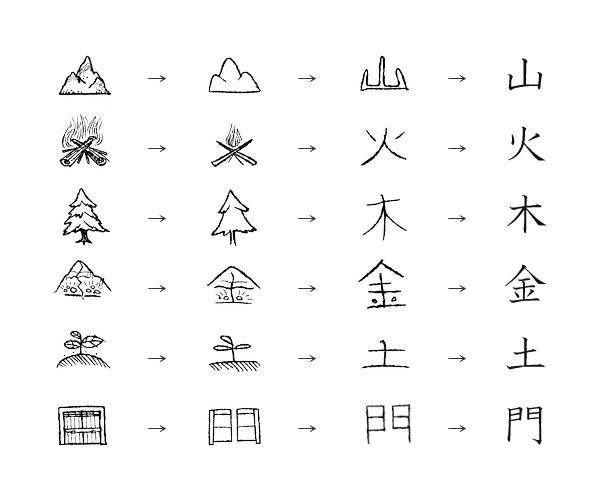For most people, memorizing about 2000 kanji from the Japanese language is a kind of atrocity. Many people will directly say that studying Kanji is not straightforward.
You can spend most of your energy on Kanji while studying Japanese. But here I will show you some tips, which hopefully will make things at least a little easier so that you can catch up next time after taking Japanese paper.
To know more about Japanese lessons online you can visit websites like https://www.kanshudo.com/.

Image source: Google
1: Forget about the traditional sequence of studies
What you need to do is to first locate the 100 to 200 kanji that are most used and start your journey. However, what you need to do is learn innovative kanji as you see them when you try to see something in Japanese and don't be worried about how rare they are.
When you start trying it out, it probably won't look simple, however, that part of you is cut off that says "Oh, this is a demanding kanji, I'll wait until you find it, "So you will actually wind up learning more kanji.
2: Let's get radical!
Teach 20 or even 30 fanatics that occur most frequently in Kanji using an easy Kanji dictionary, and briefly place the remaining 214 fanatics, and then give you a good understanding of a fantastic part of Kanji. Is supposed to you will move quickly to identify new Kanji with very little effort.
The toxins that constitute the new kanji can help you determine what kanji actually means. This strategy can be called and studying 3-5 particles is simpler than studying 15 kanji. Peking toxins with each other to create new meanings and phrases is another step.
3: Dive into the hard things first
Here you get to know about Kanji creation. Even when you have just started, you need to make an effort and set aside time for daily readings. You will be able to understand how kanji is used in everyday contexts in Western countries. With just a little practice, you should clearly have the ability to start things.
4: Say what you read:
There will be 3 basic principles in studying word recognition, understanding what it describes, and proper pronunciation kanji. Reading when you are able to help a good deal.